Last time we explored how, in the fictional realms of Star Wars and Star Trek, there have been plenty of Jews in space. This time, let us go to the realm of real life, where in fact many Jews have actually gone to space.
William Shatner, who played Captain Kirk in the original Star Trek series, earns another appearance, as he has accomplished an amazing feat by being in space both in fiction as well as real life. Boarding Jeff Bezos’s Blue Origin rocket ship, he became the oldest person in space. “I hope I never recover from this,” Shatner said. “To see the blue color whip by you, and now you’re staring into blackness…everybody in the world needs to do this. Everybody in the world needs to see this.”
Shatner is nowhere near the first Jewish person to go into space, either. That designation goes to Soviet cosmonaut Boris Volynov. Francis French and Colin Burgess discuss his story in In the Shadow of the Moon: A Challenging Journey to Tranquility, 1965-1969. “A famed cosmonaut” and “the first space explorer of Jewish descent,” he still found himself the victim of antisemitism.
After waiting for years, Volynov was finally supposed to go into space. That is, “until the State Committee discovered that his mother was Jewish,” French and Burgess explain. As a result, Volynov and his crew, including Georgi Katys, were rejected at the last minute. Katys confirmed in a 2001 interview with Bert Vis that this was indeed because of antisemitism: “Volynov’s mother was Jewish; that’s why he was [taken] out of the program at that time.”
It would take another five years, until 1969, for Volynov to finally have his opportunity to fly into space on the mission Soyuz 5. His crew mates reentered Earth a day before he did. Coming home would not go nearly as smoothly for Volynov however. In fact, according to French and Burgess he was about to endure “the most perilous descent ever survived by anyone in the history of space exploration.”
At one point “he was in serious trouble” as “Soyuz 5 tore a fiery path back to Earth,” so much so that he was convinced he would die. Despite all of this and even a parachute malfunction scare, he miraculously survived reentry, albeit a violent one which broke his teeth. He and the team were celebrated by a parade at Vnukovo Airport, where they had arrived after the mission.
Volynov would go into space again in 1976, where he and Vitaly Zholobov “were constantly bickering with each other and controllers on the ground, many times resulting in explosive confrontations” between the two. While the mission was cut short for this reason and due to Zholobov’s worsening health, they spent almost 50 days in orbit before having yet another complicated landing.
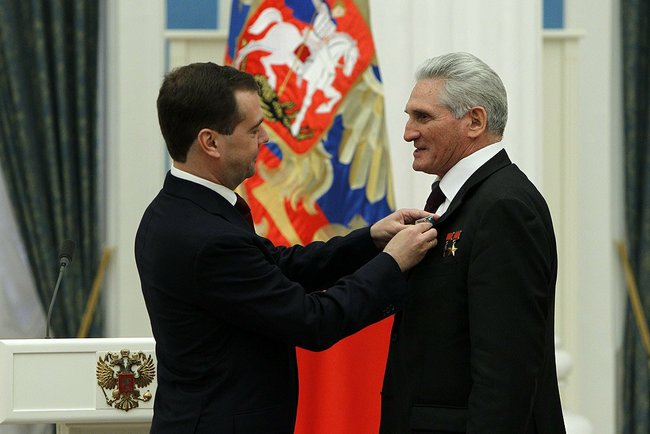
Boris Volynov’s career as a cosmonaut was a dramatic one, which was impacted by antisemitism as well as toll-taking, complicated missions. Despite all this, the first Jewish person in space has received numerous accolades for his work.
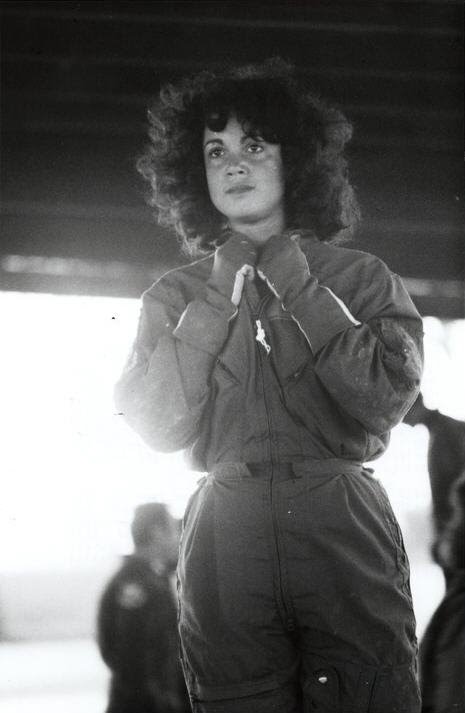
While Volynov may have had a close call, Jewish astronauts were sadly at the center of a few tragedies too. The first Jewish American in space was Judith Resnik, a brilliant scholar who was aboard the Challenger which exploded in 1986. The Queens Jewish Link notes that, before the flight, she asked her rabbi about how lighting Shabbos candles would work. Since she could not light a fire, she settled on electric lights.
Ilan Ramon was the first Israeli astronaut (as a result of collaboration between Israel and America), and in 2003 he and the rest of the crew were killed when attempting reentry. He and Resnik were posthumously given the Congressional Space Medal of Honor, and Ramon remains the only recipient of this award who was not an American citizen.
On a much brighter note, Jeffrey Hoffman, another Jewish astronaut, took a Torah with him to space in 1996, reading from Sefer Bereishis while orbiting the Earth. The Space Torah Project has a new documentary centered around Hoffman and his space Judaica. It was through the urging of his rabbi, Shaul Osadchey. Hoffman told The Times of Israel “I thought it was a great idea. I explained that it had to be small and light. It took a long time for him to locate an appropriate Torah. It had to be completely kosher.”
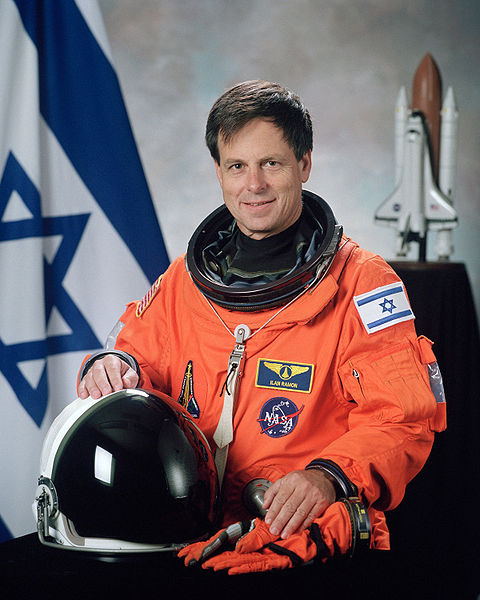
Future Jewish astronauts would follow in his footsteps, including Steve MacLean and the aforementioned Ilan Ramon, who brought Torahs with them on their journeys. In fact, The Times of Israel notes that Ramon’s Torah was saved from the concentration camp Bergen-Belsen, and sadly it was lost in the disaster. MacLean, after being asked to by Ramon’s widow, would bring in his honor a “sister Torah” which was also saved from Bergen-Belsen.
In addition to a Torah, Hoffman at different points brought to space a mezuzah, a menorah, and even a dreidel during Hanukkah. He was seen on TV as he was spinning the dreidel in space, he recalls: “a voice from the capsule was coming…‘Jeff, all of America would like to know what you’re doing.’” Hoffman proceeded to explain the story of Hanukkah.
In an interview with the Jewish Independent, Hoffman exclaimed that “it simply would not stop spinning!” David Wolf, another Jewish astronaut, contended that he actually had “the world-record dreidel spin,” which is something he and Hoffman debated. “I know mine went for like an hour and a half until it got sucked into an air intake,” he remembered. “It was just floating there spinning.” He told Hadassah Magazine that “It showed up a few weeks later…I figure it went about 25,000 miles.”
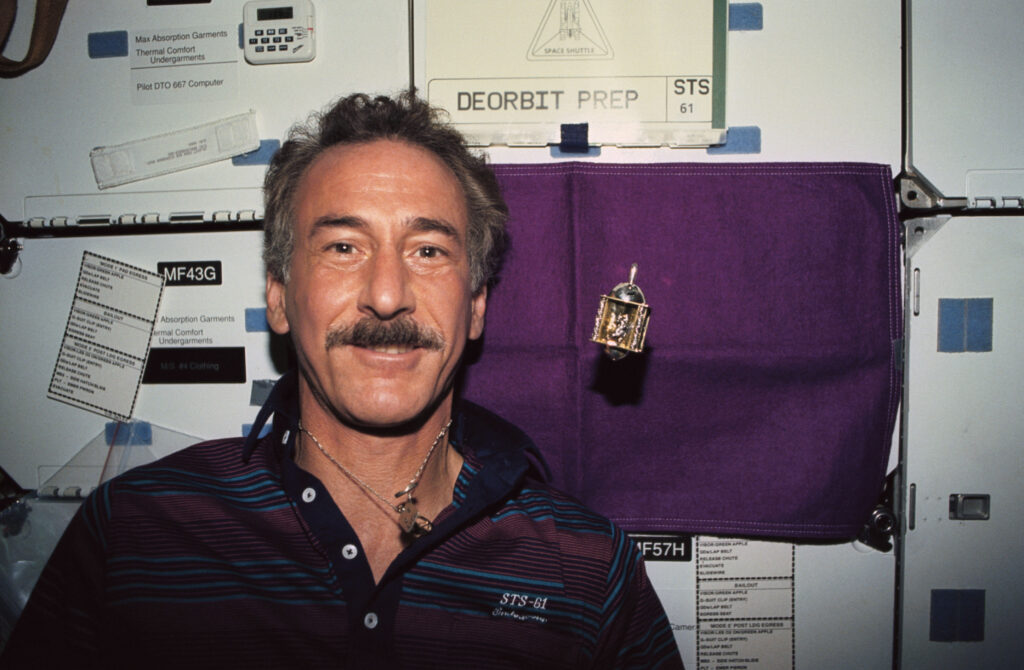
Other Jewish astronauts include Gary Reisman, who according to the Queens Jewish Link inquired about bringing matzah with him, as he was to be in space during Pesach: “Mission control thought the crumbs could pose a problem and his request was reluctantly turned down.” Gregory Chamitoff brought rocket-shaped mezuzos with him.
They have incredible stories and have earned numerous accolades and claimed new records. They also come from various backgrounds and levels of observance. But I suppose one thing is for sure — they all have the same home planet. As was the case in the fictional world, in real life there have indeed been lots of Jews in space.
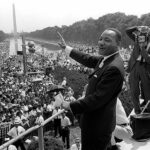
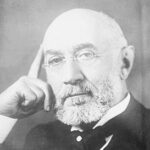

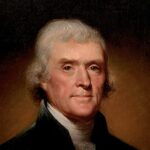
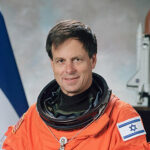
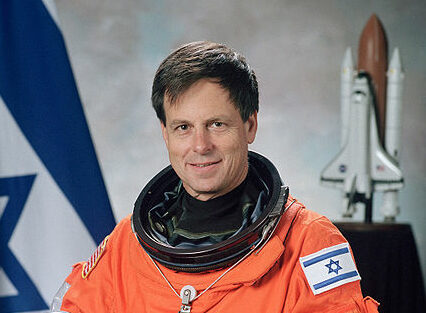
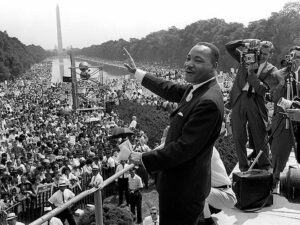
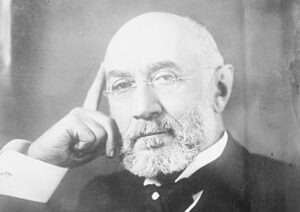

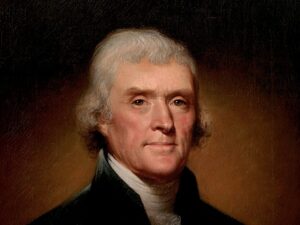
Related
Was Martin Luther King “Color Blind?”
The Dramatic “Plot Twist” of Isidor Straus
How Alaska Airlines Brought Nearly 50,000 Jews to Israel